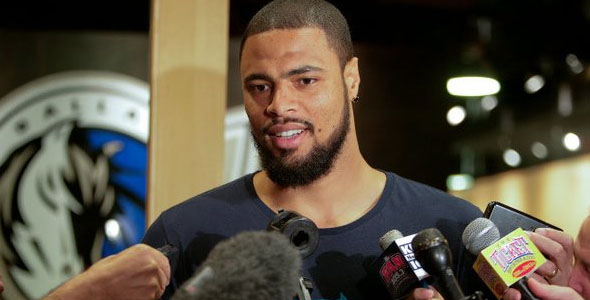
The National Basketball Association (NBA) has been an explosive, ever-changing organization from its founding. It continuously pushes the limits of athletic excellence and creative strategy. The development of the three-point shot has undoubtedly had the biggest influence on all the game’s advancements.
This game has experienced numerous changes and global success following its invention by James Naismith. Several new rules and methods have made this one of the most popular sports in the world right now. The 3-point attempt is a fantastic feature that is important in games of all skill levels.
It is unquestionably a game-changer for any NBA team today. It doesn’t take a basketball guru to understand how they have modified their approach to play over time.
The Beginning of its Rise
After being successfully implemented in the American Basketball Association (ABA) during the 1967–1968 period, the three-point shot was brought to the NBA in the 1979–1980 game.
Although the NBA took up some policies and ABA’s novel concept, its implications took some time to materialize. Teams were hesitant to use this new scoring system because they saw it as a risky, low-reward tactic.
Changes in Strategy
The three-pointer was mostly used in late-game circumstances in the early years as a technique for closing out point losses. But as the sport and individual skill sets developed, coaches and athletes realized that the three-point shot might have strategic benefits.
Coaches started highlighting its value in practice and competition, looking for players with remarkable far-reaching shooting skills.
The concentration on shooting resulted in the creation of specific roles for shooters, which in turn fueled the growth of the “sharpshooter” or “three-and-D” athlete, whose main objectives are defense and shooting from afar. Changes of strategy appears in some other activities, much like in different games of several countries like Australia.
For instance, just as coaches have come to emphasize the value of three-point shots—a technique used by gaming and gambling businesses such as pokies in Australia, where the NBA has a significant fan base—pokies (slot machines) have adopted basketball themes to appeal to enthusiasts. Some pokies apps in Australia feature a unique twist, allowing players to win with a three-point shot. This is achieved by completing a trio of basketballs or aligning basketball icons on three-reel pokies, similar to sinking a three-pointer on the basketball court.
These strategic changes influence how they operate, impacting tactics and ethical behavior. These adaptations showcase their flexibility and dedication to enhancing the player experience. This blend not only appeals to NBA fans but also demonstrates how sports and entertainment seamlessly merge in Australia.
Transformation in Statistics
The game’s statistical transition makes the importance of the three-point shot clear. As organizations have realized the growing importance of effective outside shooting, they have changed their attacking tactics.
Analytics was essential to this development since it clarified how much more efficient and successful three-point shots were performed than attempts from mid-range.
In basketball, the ‘Moneyball’ period saw a stronger focus on increasing efficiency through precise statistical evaluation. Teams started to prioritize high-percentage shots more, and data-driven insights brought attention to the importance of three-pointers which changed the way on how points were scored traditionally.
The Small Ball and the Splash Brothers’ Period
A groundbreaking era was sparked by the rise of the Splash Brothers’ tandem of Stephen Curry and Klay Thompson.
Their incredible capacity to routinely make three-pointers changed the defensive strategies used by teams throughout the entire league. The Warriors’ performance demonstrated the strength of a squad centered around three-point shooting, encouraging other teams to adopt their playing philosophy.
There was also an increase in the small ball movement, which prioritized outside shooting, pace, and movement. Teams challenged stereotypes about player roles and team configurations by embracing diverse lineups with players who could shoot from far distances.
Modifications in Strategies and Defensive Reactions
Teams’ defensive tactics changed to compensate for their attacking target as they became progressively more dependent on three-point shooting.
To reduce open three-point initiatives, coaches prioritized shifts, closings, and zone defenses in their defensive strategies against long-range players. In today’s NBA basketball, guarding the perimeter and having flexible defense are now critical skills.
Effect on the Growth of Players
The process for athlete growth has changed as a result of the focus on the three-point shooting. These days, young players place a high priority on honing their shooting techniques from a young age, considering three-point shooting to be a vital component of their game.
The educational landscape has evolved as an outcome of this spotlight on shooting competence, with trainers and instructors now placing more value on long-range efficiency.
Influence on Culture and Fan Interaction
In addition to changing on-court tactics, the popularity of three-point shooting has also had a bearing on how the game is perceived in society.
Highlight-reel three-point shots are now a common sight in NBA games, drawing crowds from all over the world. The thrill of seeing buzzer-beaters and deep trios has increased fan involvement and broadened the sport’s appeal.



















